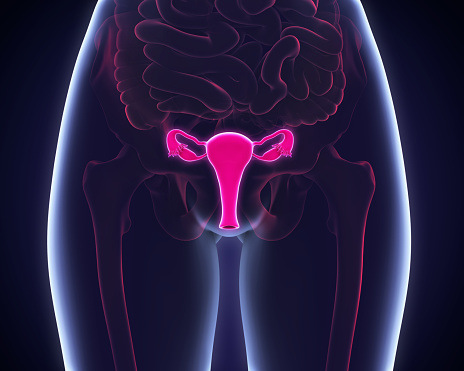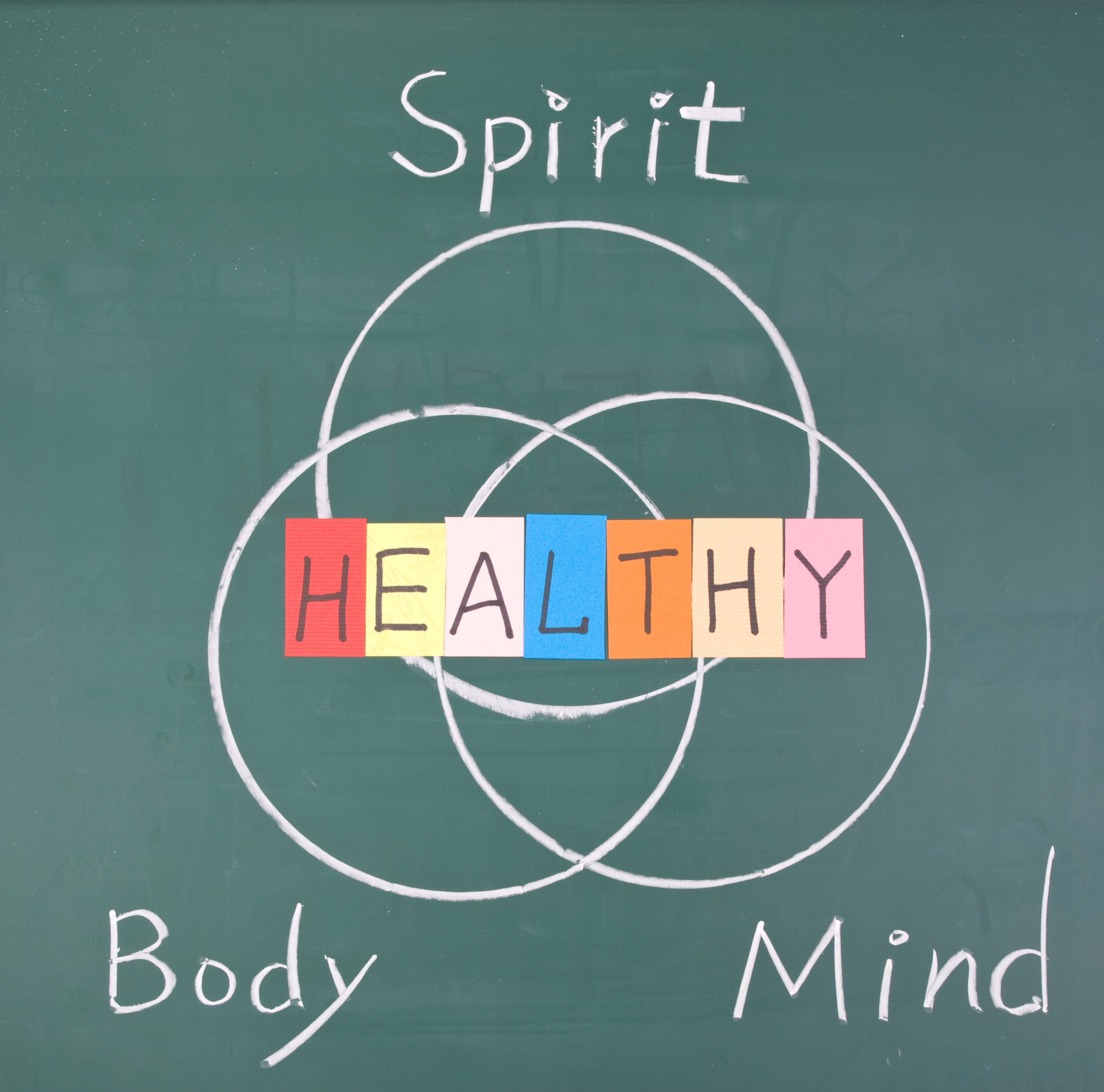
PCOS #CreatingChangeTogether
September 7th, 2022PCOS (Polycystic Ovary Syndrome) is a common hormonal condition in girls and women where they can experience a variety of symptoms. Some females have to cope with multiple symptoms, others experience one or two. PCOS can affect physical and mental health. It can be worrying, draining, uncomfortable and painful. It’s a life-long condition for 1 in 10 women that, for some, can be challenging for the mind, body and soul.
PCOS Awareness is building
Mentally PCOS can result in anxiety, stress, depression and feelings of inadequacy due to the possibility of infertility and lack of control. A female may be reluctant to socialise and feel incomplete because they may not be able to fall pregnant naturally. There is a lot of advice and help available about a topic that has been more talked about in the last few years. Don’t just take our word for it – take a look on social media platforms with the hashtag #CreatingChangeTogether. If you are a sufferer, you are not alone.
Symptoms can start early or creep up on you
The Symptoms of PCOS can start early in adolescence or creep up on you in adulthood. A female with PCOS may experience painful or irregular periods, pelvic pain, excessive hair growth or some hair loss. Skin can become prone to spots, acne, dark pigmentation or skin tags. A sufferer can have a foggy brain, sleep apnea, a low sex drive, a craving for sugar or start binge eating. Hormones in the brain can inhibit the chemicals ghrelin and leptin. Those chemicals are relevant to your eating and sleeping. When the ghrelin and leptin are restricted, a signal tells the brain that you aren’t full up and you’re not tired. It is one of the reasons that PCOS can cause a female to gain weight and have a restless sleep. Ovarian cysts can develop with the potential to cause infertility or ovarian cancer.
What causes PCOS?
The cause of the symptoms of PCOS is higher levels of the hormone androgen, a hormone that regulates the development and maintenance of male characteristics. Hence, one symptom can be excessive hair growth on a female face and body. Why it happens, the experts are not sure. Some studies show that it can be a genetic disorder, a hereditary condition that can happen to women of all races. Many adult females look back on their younger years and identify symptoms of PCOS. As you can imagine, diagnosis of PCOS can take time because symptoms are also associated with a menstrual cycle and other conditions. It’s through a process of illumination and different tests to finally diagnose PCOS.
Why can PCOS cause infertility?
PCOS can create an imbalance in the reproductive organs. In most cases, women’s ovaries release an egg every month. PCOS can cause the egg not to develop or not be released. It is a common cause of infertility. However, help is available for sufferers who want to have children. Increasingly we read about new developments and different options for women who struggle to fall pregnant. For severe sufferers, an operation is possible, called a laparoscopy which involves ovarian drilling with a laser which destroys follicles around the eggs. We hear about so many success stories from women who never thought they would be able to have children. Whilst PCOS is worrying to women who want to start a family, women have different options. If you are worried, seek medical help, doctors and experts can offer you tests. You are not alone in your fear that you may not be able to be a mum. Many support groups can help you through an anxious time.
What does the future hold for PCOS?
PCOS is acknowledged worldwide. September is PCOS Awareness Month, and world-leading experts and communities are coming together at different events to support and educate people about the condition. #CreatingChangeTogether is the theme for this year’s PCOS awareness month. Worldwide events are happening to show the importance of medical and scientific studies, and patient communities. Experts are coming together to share information and learn from each other. Sasha Ottey, Executive Director of PCOS Challenge explains, “PCOS is the most common endocrine disorder and cause of infertility in women. The condition can lead to lifelong complications and other life-threatening conditions including diabetes, stroke, cardiovascular disease, fatty liver disease and endometrial cancer.”
Do you think you have PCOS?
-
- Monitor your symptoms so you can present your doctor with relevant information to help with the diagnosis.
- Visit your doctor and seek advice and ask about what tests are available. It’s important to remember that the symptoms can be related to other female issues. Your doctor will need to go through a process of elimination.
- If diagnosed, educate yourself about the condition. Knowledge is power. Follow online social media platforms for links to developments in the treatment for PCOS, for example, #CreatingChangeTogether. Visit the PCOS awareness website here.
- Join PCOS support groups. If you are a sufferer, you are not alone. People find different coping strategies, and one of their coping mechanisms may suit yourself.
- Make those close to you aware of your condition so they can understand and support you when you are going through the challenges of PCOS.
- Adapt your lifestyle accordingly to make things easier for yourself.
- Reduce stress and anxiety through good self-care for your mental and physical health. Try relaxation techniques such as yoga, meditation or other therapy.
- Exercise and keep fit. Increase the production of endorphins in the brain to help with your ‘feel good’ factor and to keep you in good physical shape.
- Quit smoking and recreational drugs
- Limit alcohol, sugar, caffeine and other toxins that you consume.
- Limit your exposure to environmental toxins or take precautions if you live in a high pollution area and protect your skin from UVAs.
- Enjoy nature – walk, exercise and play amongst nature. Absorb vitamin D from the sun with limited exposure.
- Be sociable. Spend time with friends and family that make you feel good about yourself.
- Make time for yourself and try to install a positive mindset.
- Eat a healthy, nutritious diet full of antioxidants, vitamins, minerals, proteins and good carbohydrates.Try Supplements. Such as NAC – N-Acetyl Cysteine.
What is NAC and how can it benefit PCOS?
N-acetyl Cysteine (NAC) (a precursor of L-Cysteine) helps to replenish the glutathione stores in our bodies. Glutathione is recognised as a powerful antioxidant, detoxification agent and free radical scavenger, helping to reduce oxidative stress on our bodies.
Specific benefits of supplementing with NAC include:
- Boosted fertility – eight randomised controlled trials of 910 PCOS sufferers were analysed by the Journal of Obstetrics and Gynaecology. The results of this review shows a significant increase and improvement in fertility processes including ovulation, successful pregnancies and live births.
- Hormone balance – PCOS sufferers will often have a hormone imbalance – NAC has been shown to regulate menstrual cycles that can suffer from this imbalance, and regulate androgen levels.
- Insulin resistance – Pancreas cells can inhibit insulin receptor activity. NAC works to protect these, thus aiding insulin resistance.
- Reduced inflammation – PCOS sufferers have been shown to have higher levels of inflammation and osidative stress than those who do not have this condition. NAC acts as an anti-inflammatory and anti-oxidant, combating both of these things.
- Liver protection – some PCOS sufferers develop non-alcoholic fatty liver disease, which can often occur because of high insulin levels. Whilst changing your diet can help and even reverse this problem, taking a NAC supplement can also help – a study published in Hepatitis Monthly showed that women with PCOS who were treated with NAC for three months showed a significant improvement in lowering liver function tests.
NAC offers numerous benefits to PCOS sufferers; if you would like to try it, we would advise speaking to your healthcare provider and/or dietician first, to see how this may impact your health and also to work on any required lifestyle and diet changes alongside.
Find out more about NAC here: https://www.antiaging-systems.com/products/nacpro/
Make the most of the information about PCOS provided this month through following #CreatingChangeTogether.
References/Further Reading:
N-acetlycysteine improves liver function in patients with non-alcoholic fatty liver disease. https://pubmed.ncbi.nlm.nih.gov/22308119/
Treatment of infertility in women with Polycystic Ovary Syndrome: approach to clinical practice. https://pubmed.ncbi.nlm.nih.gov/26602525/
N-Acetylcysteine for Polycystic Ovary Syndrome: A systematic review and meta-analysis of randomised controlled clinical trials. : https://www.hindawi.com/journals/ogi/2015/817849/






